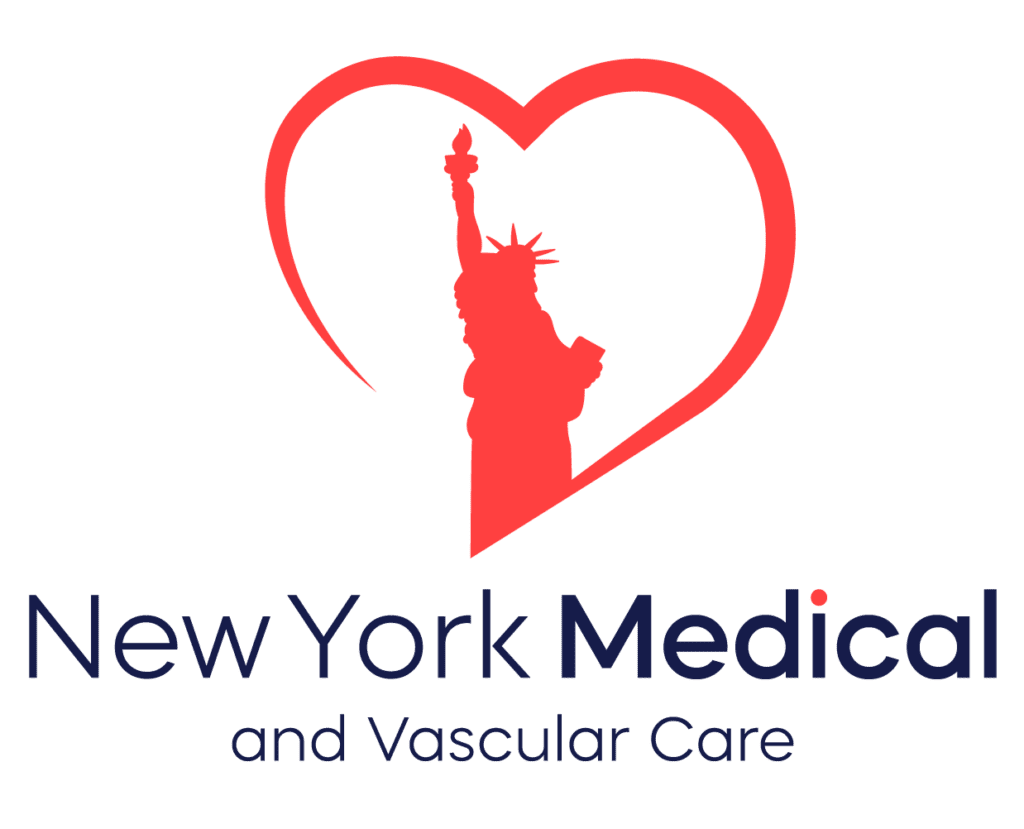Varicose veins are more than just a cosmetic issue—they can lead to discomfort, pain, and serious health problems if left untreated. These enlarged, twisted veins often occur due to poor blood flow, primarily in the legs. Fortunately, modern treatments have made managing varicose veins easier, safer, and less invasive than ever before.
What Causes Varicose Veins?
Varicose veins occur when the veins’ valves, responsible for ensuring blood flows in one direction, become weak or damaged. As a result, blood pools in the veins, causing them to swell and twist. Factors contributing to varicose veins include:
- Age: Vein walls and valves weaken with age, leading to increased risk.
- Genetics: A family history of varicose veins raises the likelihood of developing them.
- Obesity: Excess weight puts additional pressure on the veins.
- Pregnancy: Hormonal changes and increased blood volume can lead to varicose veins during pregnancy.
The Importance of Early Intervention
Early detection and treatment of varicose veins are crucial for preventing complications such as:
- Venous ulcers: Open sores on the skin caused by prolonged pressure in the veins.
- Blood clots: Varicose veins can increase the risk of developing blood clots, which can be dangerous if they travel to the lungs.
- Chronic venous insufficiency: When veins can’t adequately pump blood back to the heart, leading to swelling and skin changes in the legs.
By addressing varicose veins early, patients can reduce discomfort and prevent more serious complications.
Modern Treatments for Varicose Veins
Thanks to advancements in medical technology, there are several effective, minimally invasive treatments for varicose veins:
- Sclerotherapy
- In sclerotherapy, a solution is injected into the varicose vein, causing it to collapse and eventually fade. This treatment is particularly effective for smaller veins and can be done in an outpatient setting with minimal recovery time.
- Endovenous Laser Treatment (EVLT)
- EVLT involves using laser energy to heat and close off varicose veins. The procedure is guided by ultrasound and offers a quick recovery, with most patients returning to normal activities within days. This treatment is ideal for larger veins and has a high success rate.
- Radiofrequency Ablation (RFA)
- Similar to EVLT, RFA uses radiofrequency energy to heat and close off varicose veins. This technique is also minimally invasive, requires only local anesthesia, and has a short recovery time.
- Microphlebectomy
- For larger varicose veins, microphlebectomy involves making tiny incisions to remove the problematic veins. This procedure is often combined with EVLT or RFA for comprehensive treatment.
- Compression Therapy
- While not a permanent solution, compression stockings help improve blood flow and alleviate the symptoms of varicose veins. This is often used in combination with other treatments or as a preventative measure for those at high risk.
Benefits of Modern Treatments
The advancements in varicose vein treatment offer several benefits:
- Minimally invasive: Procedures like EVLT and RFA require only small incisions or injections, significantly reducing recovery time and scarring.
- High success rates: Modern treatments boast high success rates, with many patients experiencing immediate relief from pain and symptoms.
- Fewer risks: Compared to traditional surgical methods, minimally invasive treatments carry fewer risks and complications.
- Quick recovery: Most treatments allow patients to return to their daily activities within days, with minimal disruption to their lives.
Preventing Varicose Veins
While not all cases of varicose veins are preventable, certain lifestyle changes can reduce the risk or slow their progression. These include:
- Regular exercise: Physical activity improves circulation and helps maintain a healthy weight, reducing pressure on the veins.
- Elevating the legs: Raising the legs above heart level for short periods throughout the day can help improve blood flow.
- Maintaining a healthy weight: Weight management alleviates pressure on the veins, reducing the likelihood of developing varicose veins.
Conclusion
Varicose veins, while common, are not something to be ignored. Early intervention can prevent complications and greatly improve quality of life. At NYMVCare, we offer a range of advanced, minimally invasive treatments for varicose veins, ensuring our patients receive the best care with the least disruption to their daily lives. If you’re experiencing discomfort or symptoms of varicose veins, don’t wait—contact us today to learn more about how we can help you find relief and prevent further complications.


